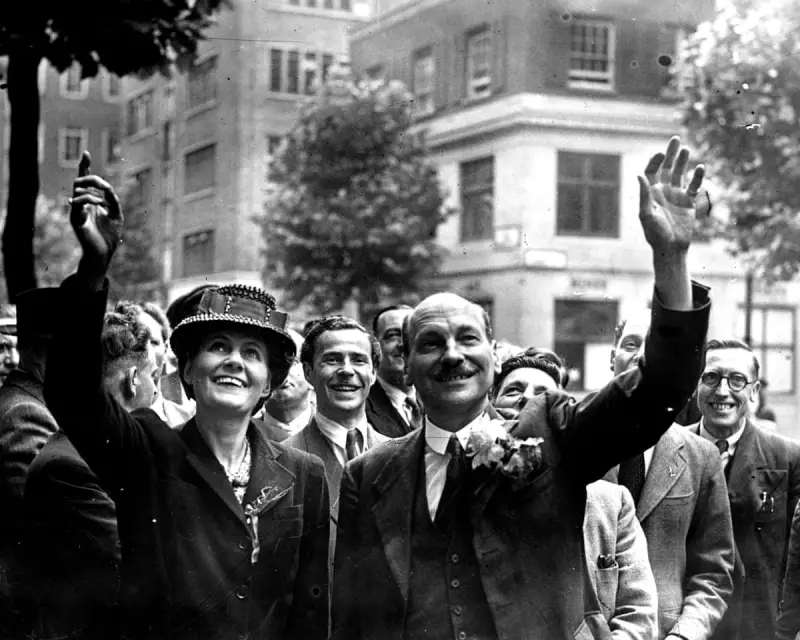
Britons who benefited from Clement Attlee's transformative post-war government are speaking out about why today's younger generation desperately needs equivalent visionary leadership.
The Privilege of Post-War Britain
Recent correspondence in the Guardian has highlighted the dramatic impact of the 1945-51 Labour government on ordinary citizens' lives. Readers born in the immediate post-war period describe experiencing what many consider a golden age of British social policy.
Mary Mullarkey, born in 1948, reflects on what the Guardian previously identified as the optimal birth year in British history. "I had a relatively ordinary background and worked in the public sector, but the security I had allowed me to have a good life," she writes, describing her experience as "a total privilege."
The advantages she references include comprehensive free education, the newly established NHS, abundant employment opportunities, final-salary pensions, and accessible house prices - creating what many consider an unprecedented period of social mobility.
The Lasting Impact of Attlee's Reforms
Michael McLoughlin, born in 1940, provides a powerful testimony to the Labour government's legacy. "I have had the support of the health service virtually all my life, I was enabled to be the first in my family to get a university degree, and when I was about 12 my family moved into smart new social housing," he recalls.
Remarkably, these sweeping social reforms were implemented despite the government inheriting a war-bankrupt economy. The creation of the welfare state, national health service, and expanded social housing occurred during a period of significant economic constraint, demonstrating what determined political vision could achieve.
McLoughlin emphasizes that these policies didn't just benefit his generation immediately - they created sustained opportunities that lasted for decades. "Because of the policies of the 1940s, by the time I needed employment there were many opportunities to choose from."
Rethinking Meritocracy and Luck
The discussion emerged in response to Julian Richer's article challenging the concept of meritocracy and highlighting the role of chance in life outcomes. Readers overwhelmingly supported his contention that circumstances of birth significantly influence life trajectories.
Mark de Brunner from North Yorkshire adds a philosophical dimension, referencing neuroscientist Robert Sapolsky's work suggesting that even characteristics like hard work and determination are influenced by preceding factors beyond individual control. "There are no causeless causes. It's turtles all the way down," he notes, questioning the very foundation of meritocratic assumptions.
Yet other correspondents caution against completely dismissing meritocracy. Derek Heptinstall from Kent argues that while acknowledging inequality is crucial, merit-based selection remains important for national prosperity, particularly in political leadership.
The correspondence reveals a nation grappling with fundamental questions about opportunity, responsibility, and the role of government in creating level playing fields. As Alan Walker from Spain observes, rejecting the notion that "No one ever gave me anything" represents a crucial step toward developing greater empathy and compassion in society.
With multiple readers drawing direct comparisons between the challenges facing contemporary youth and the solutions implemented by Attlee's government, the letters collectively make a powerful case for bold political vision to address today's inequality crisis.






